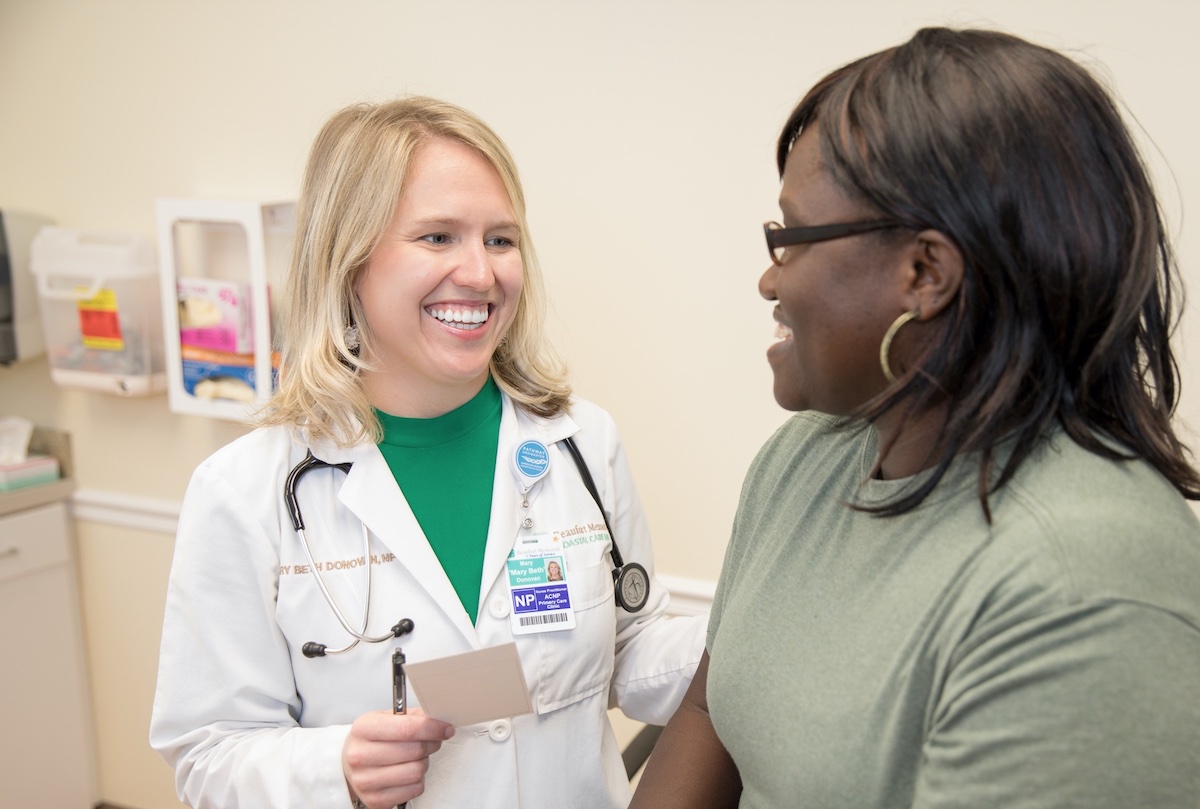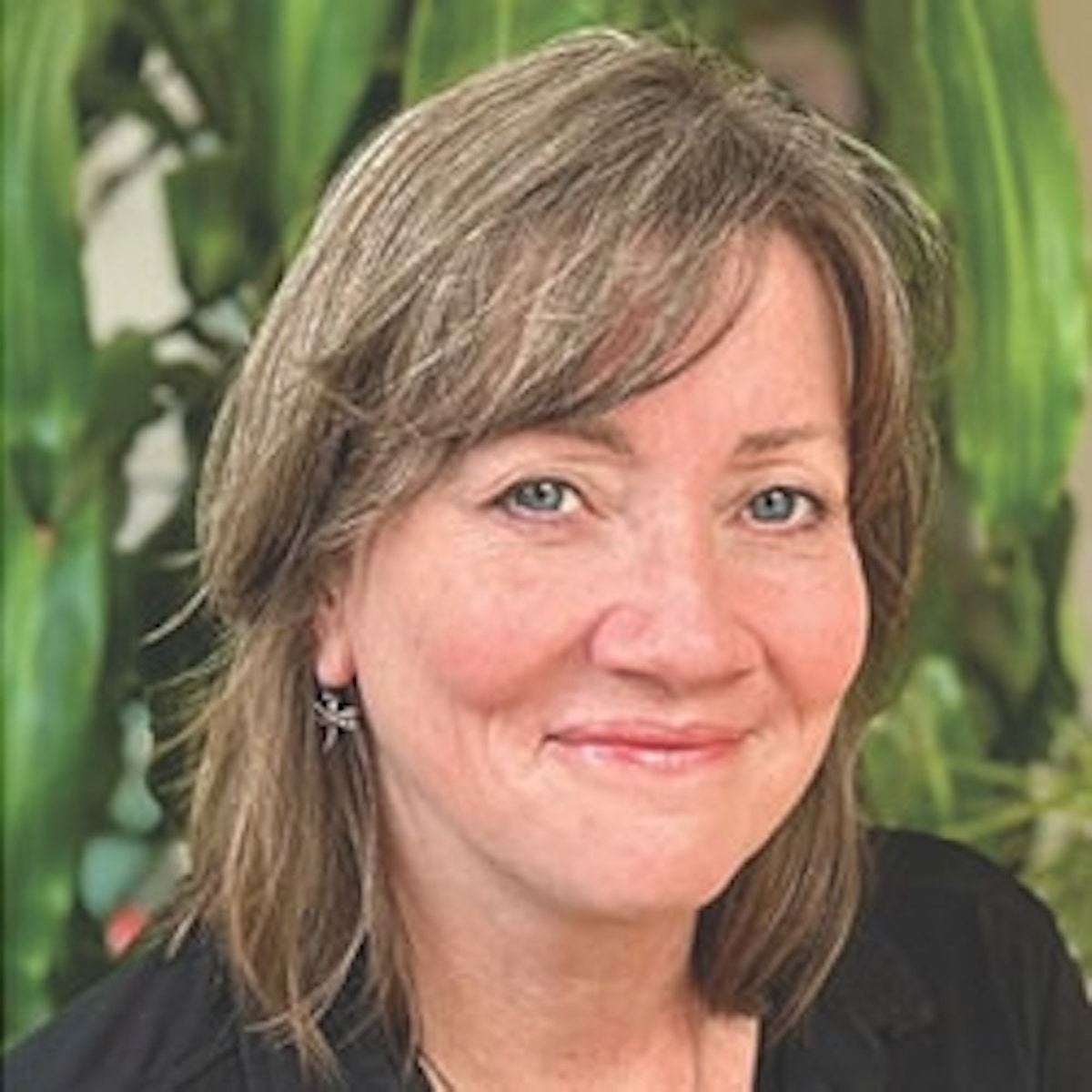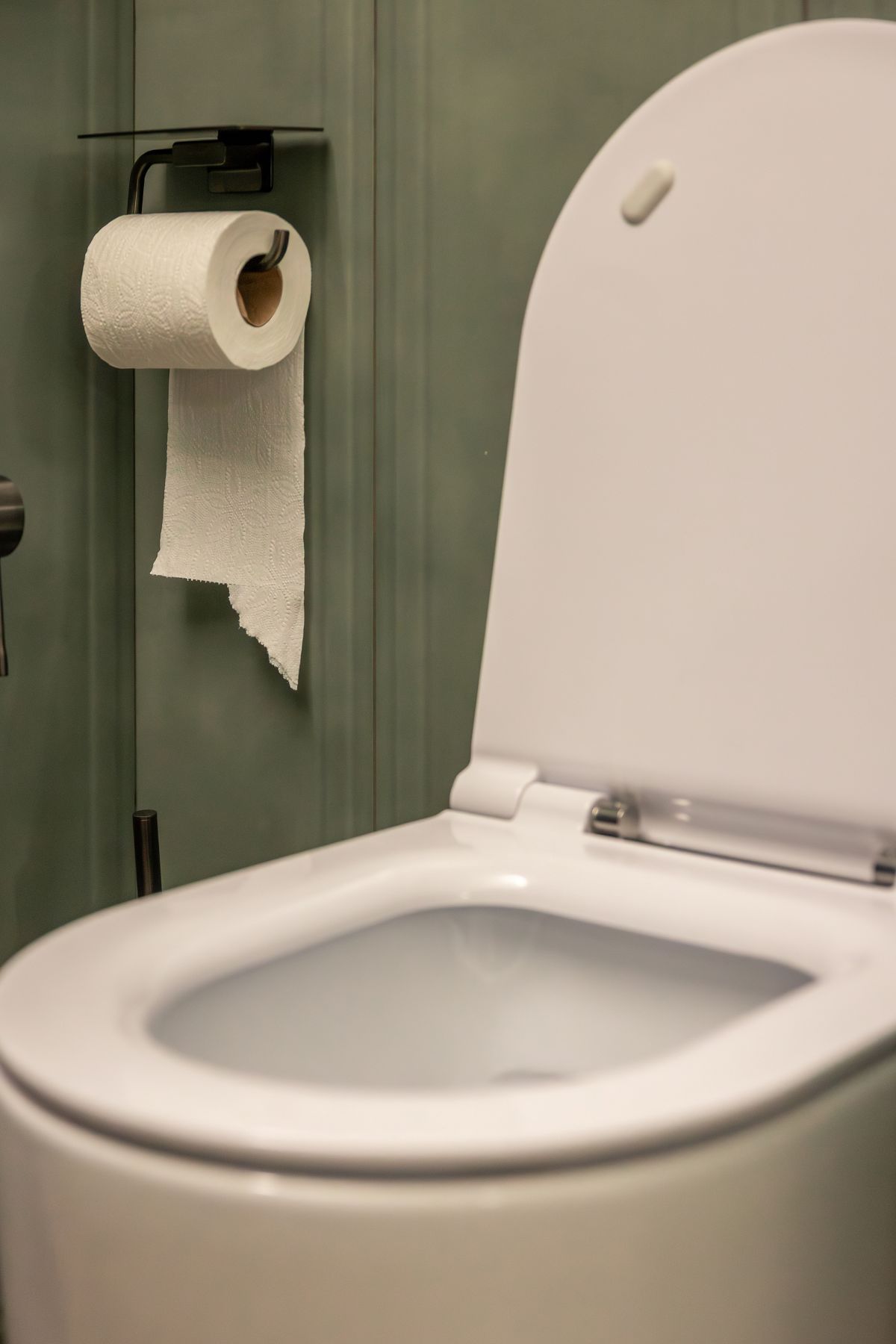
Special to Care magazine®— The second week of November is National Nurse Practitioner Week, dedicated to honoring NPs for their important role when it comes to comprehensive, compassionate patient care. Beaufort Memorial joins health care systems all over the U.S. to celebrate their vital roles as primary care providers, health educators and highly-trained nurses committed to their community.
It’s no secret that the population in the Lowcountry is growing—and so is the demand for quality health care.
South Carolina is feeling the effects of a national physician shortage; by 2036, the U.S. is projected to face a shortage of up to 86,000 physicians, with 20% of its current physicians at retirement age and 22% rapidly approaching it, reported the Association of American Medical Colleges in March.
The shortage in the supply of doctors paired with the population growth and increased demand for health care services is where advanced practice providers like nurse practitioners (NPs) and physician assistants (PAs) enter the picture.
“Both NPs and PAs receive advanced training to perform a wide range of preventative and acute health care services,” explained Dr. Kurt Gambla, Beaufort Memorial vice-president and Chief Medical Officer. “Both can diagnose and treat common health problems, order and interpret imaging tests and lab work, prescribe medication, refer patients to specialists and manage chronic health issues such as diabetes, high blood pressure and asthma.”
While under the supervision of a doctor, NPs and PAs usually have their own panel of patients and always have the option to consult or refer complex cases to their supervising physician or a specialist. This team approach improves access to health care for our community.
To be licensed, both NPs and PAs need a minimum of a masters degree and a number of clinical hours working with patients—as well as pass a licensing exam. They are highly-trainedhealth care professionals capable of treating most common ailments.
While the demand for medical care—in the Lowcountry and in the U.S. as a whole—has increased, a growing number of primary care physicians and specialists are relying on advanced practice providers to assist. Patients can usually get an appointment with an NP or PA quicker, and with the advanced practice providers handling routine complaints, doctors are able to spend more time on complex cases.











